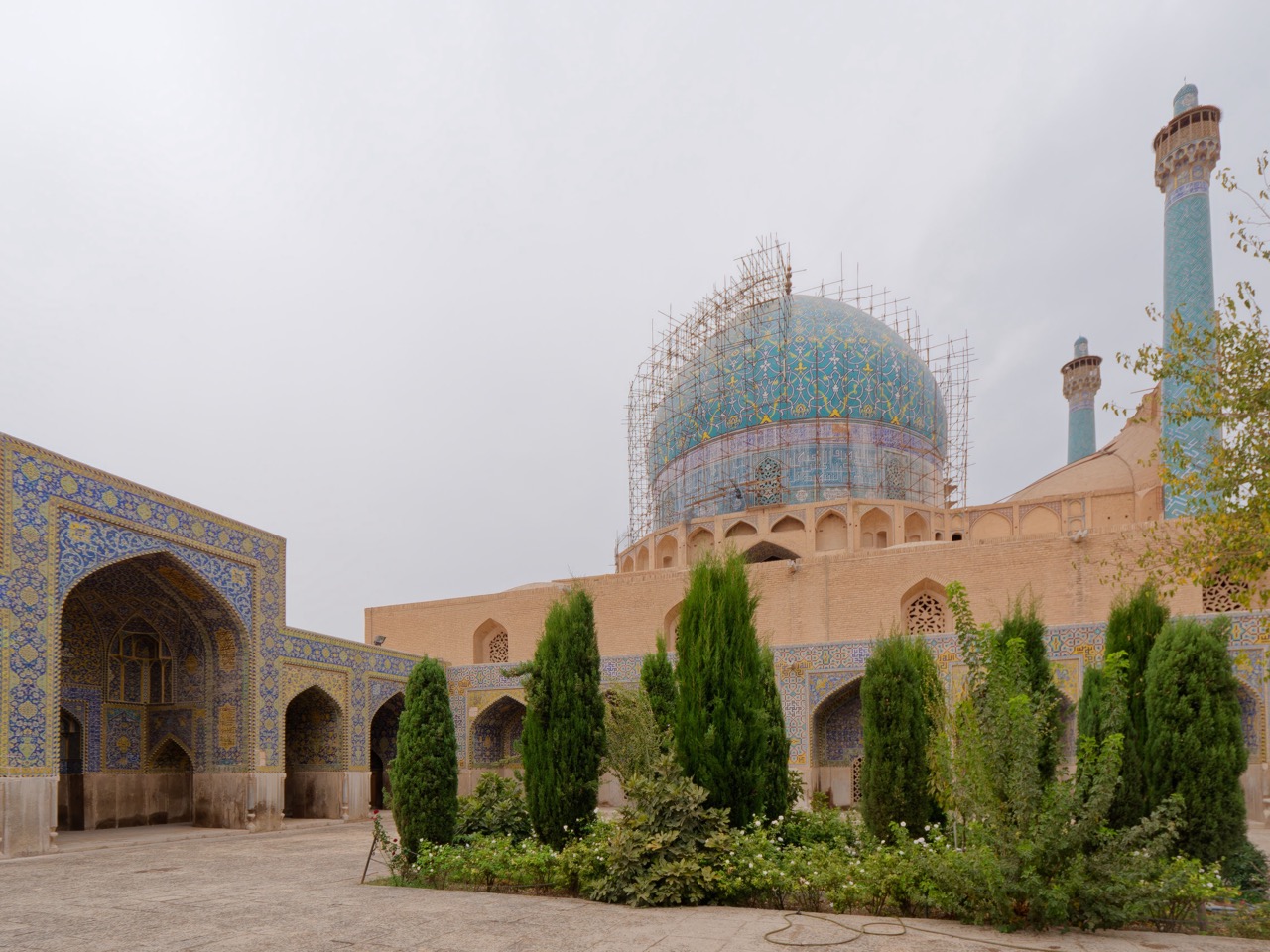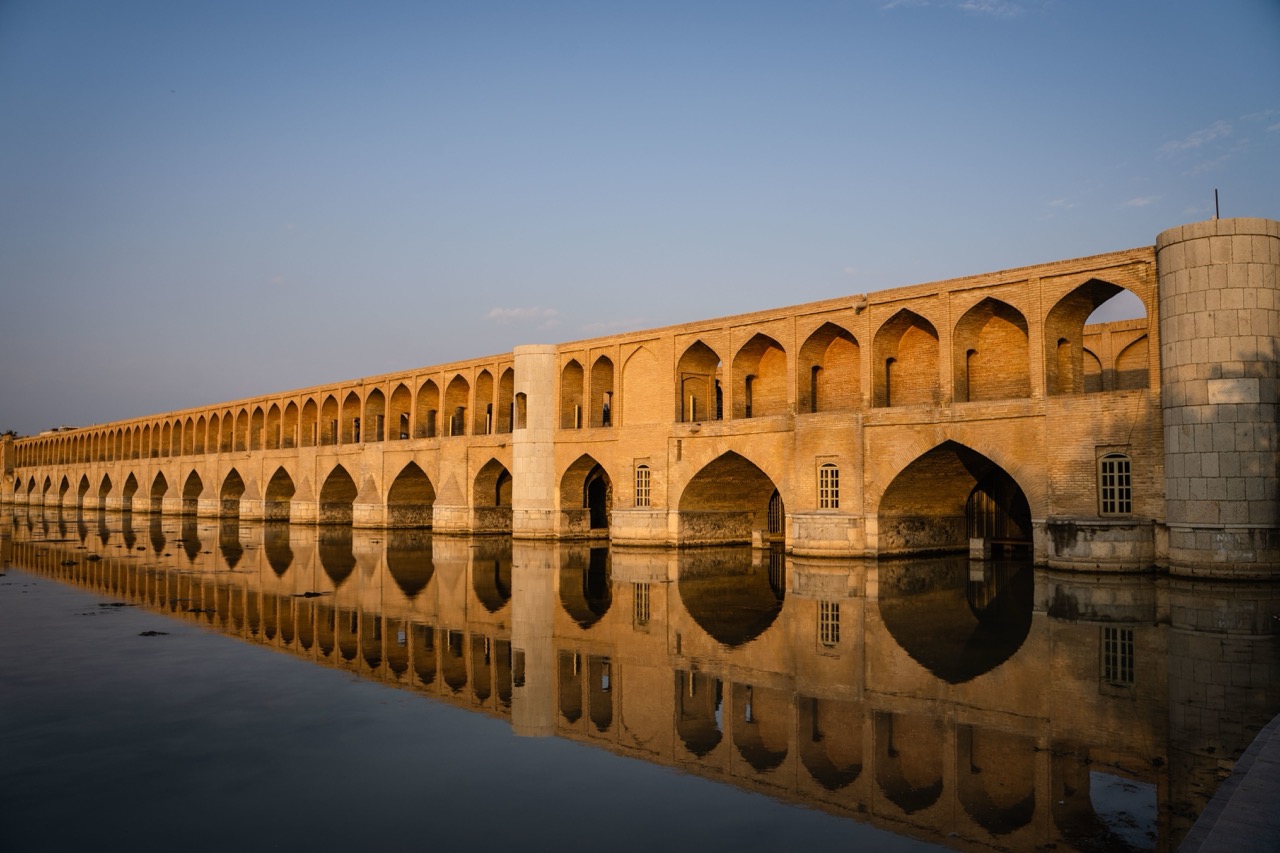Zoroastrianism, one of the world’s oldest monotheistic religions, has left a profound mark on philosophy, ethics, and spirituality across cultures and epochs. Emerging in ancient Persia, Zoroastrian thought articulated a worldview that emphasized the battle between good and evil and the importance of individual agency. This article delves into the enduring influence of Zoroastrian philosophy, exploring its core concepts, ethical teachings, and legacy, while also addressing the challenges faced by the Zoroastrian community today.
Understanding Zoroastrian Philosophy: An Overview
Zoroastrian philosophy is centered around the teachings of the prophet Zoroaster (or Zarathustra), who lived in ancient Persia around the 6th century BCE. The religion is fundamentally concerned with the nature of existence, the role of humanity within the cosmos, and the struggle between good and evil. It introduces the concept of a single, all-powerful deity, Ahura Mazda, who embodies truth and righteousness, and who is opposed by Angra Mainyu, the spirit of chaos and deceit. This dualistic framework establishes a moral dichotomy that influences ethical decision-making and human behavior.
At its core, Zoroastrianism emphasizes the importance of individual responsibility and the impact of one’s choices on the world. The philosophy encourages followers to align themselves with the principles of truth, charity, and justice, promoting an active engagement with life. Through its unique blend of spirituality and ethics, Zoroastrianism provides insights into the human experience, making it a relevant subject of study for those interested in philosophical and religious discourse.
The Origins of Zoroastrian Thought in Ancient Persia
Zoroastrianism is believed to have developed during a time of significant socio-political change in ancient Persia. The early teachings of Zoroaster emerged in a milieu characterized by a plethora of polytheistic beliefs and regional deities. Against this backdrop, Zoroaster’s vision of a singular divine being marked a radical departure from the existing religious paradigm. His ideas were not only innovative but also served to unify a diverse populace under a cohesive moral and spiritual framework.
The historical context of Zoroastrianism reveals its foundational significance as a philosophical system that sought to make sense of the world and humanity’s place within it. By offering insights into the nature of creation, the afterlife, and the moral responsibilities of individuals, Zoroastrian thought laid the groundwork for subsequent religious systems that would arise in the region. The reverberations of these ancient ideas can still be felt today, as they inform contemporary understandings of ethics and spirituality.
Core Concepts: Ahura Mazda and the Duality of Existence
At the heart of Zoroastrian philosophy lies the concept of Ahura Mazda, the ultimate divine being who represents truth, light, and order. Ahura Mazda is the creator of the universe and the guiding force behind the struggle for justice and goodness. This central figure embodies the ideals that Zoroastrians strive to emulate, serving as a model for righteous living. The worship of Ahura Mazda highlights the importance of aligning one’s life with divine principles and moral truths.
The duality of existence is another essential element of Zoroastrian thought. The ongoing conflict between Ahura Mazda and Angra Mainyu symbolizes the eternal struggle between good and evil, truth and falsehood. This dualism permeates various aspects of life, influencing ethical choices and societal norms. Zoroastrians believe that every individual plays a crucial role in this battle, and their actions can tip the scales toward either light or darkness. This belief reinforces the notion of personal agency and the profound impact of individual decisions on the greater cosmic order.
The Role of Free Will in Zoroastrian Belief Systems
Free will is a cornerstone of Zoroastrian philosophy, emphasizing the power of individuals to make choices that influence their destiny. Unlike certain deterministic views found in other religious traditions, Zoroastrianism posits that each person is endowed with the ability to choose between good and evil. This notion of free will is intrinsically linked to the idea of accountability; individuals are responsible for their actions and must confront the consequences of their choices.
The implications of free will extend beyond personal morality to encompass broader societal responsibilities. Zoroastrians are encouraged to enact positive change in their communities by embodying the principles of truth and righteousness. This empowerment fosters a sense of agency and active participation in the world, reinforcing the belief that individuals can contribute to the ongoing struggle against chaos and injustice. Consequently, the emphasis on free will cultivates a proactive approach to both spiritual and ethical engagement.
Rituals and Practices: Connecting the Spiritual and Earthly
Rituals play a pivotal role in Zoroastrianism, serving as a bridge between the spiritual and the earthly realms. Central to these practices is the concept of purity, which is reflected in various rites designed to maintain spiritual sanctity. Fire, regarded as a symbol of divine presence, is a focal point in Zoroastrian worship, representing truth and the energy of Ahura Mazda. Rituals often involve prayers, offerings, and communal gatherings, emphasizing the interconnectedness of the spiritual community.
These practices not only foster a sense of belonging but also reinforce teachings about ethical living. Zoroastrian rituals provide a framework for expressing devotion, seeking guidance, and cultivating a moral consciousness. Through regular engagement in these practices, individuals are reminded of their commitments to truth, justice, and community well-being, solidifying the philosophy’s relevance in daily life. The rituals serve as an affirmation of Zoroastrian beliefs, bridging the gap between the divine and the mundane.
Zoroastrianism’s Ethical Teachings and Their Relevance Today
Zoroastrian ethics are grounded in the principles of good thoughts, good words, and good deeds—an enduring maxim that encapsulates the religion’s moral framework. These teachings emphasize the importance of integrity, compassion, and social responsibility. Followers are encouraged to act in ways that promote justice, support the vulnerable, and uphold truth in all facets of life. This ethical foundation is not only relevant within the context of Zoroastrianism but also resonates with broader moral discourses in contemporary society.
In a world increasingly marked by ethical dilemmas and social injustices, the teachings of Zoroastrianism offer valuable insights into ethical decision-making. The emphasis on personal responsibility and community engagement aligns with modern movements advocating for social justice and environmental stewardship. By drawing from Zoroastrian ethics, individuals and communities can cultivate a deeper understanding of their role in shaping a just and compassionate world, highlighting the timeless relevance of these ancient teachings.
The Influence of Zoroastrianism on Other Philosophies
Zoroastrianism’s philosophical framework has had a significant influence on various religious and philosophical traditions throughout history. Its concepts of dualism, the afterlife, and moral choice have informed the development of major world religions, including Judaism, Christianity, and Islam. The notion of a cosmic struggle between good and evil, as well as the emphasis on ethical living, can be traced in various forms across these traditions, illustrating the interconnectedness of human thought.
Furthermore, elements of Zoroastrian philosophy can be observed in the works of later philosophers and theologians who grappled with questions of ethics and existence. The emphasis on free will, for instance, parallels discussions in both philosophical and religious contexts about the nature of human agency and moral responsibility. Zoroastrianism’s contributions to the evolution of philosophical thought underscore its enduring legacy and the importance of considering its teachings within the broader tapestry of human intellectual history.
Zoroastrian Legacy in Modern Religious Practices and Ideas
The legacy of Zoroastrianism can be seen in various modern religious practices and philosophical ideas that prioritize ethical behavior and spiritual connection. The concept of a single divine being, for example, resonates with monotheistic belief systems that have emerged in the centuries following Zoroastrianism’s rise. Additionally, the emphasis on purity and the significance of rituals continue to shape religious practices in various cultures, demonstrating the adaptability and influence of Zoroastrian thought.
Moreover, Zoroastrian ethical principles, particularly those concerning environmental stewardship and social responsibility, have gained renewed interest in contemporary discourse. The religion’s call for individuals to act as stewards of the Earth aligns with modern movements advocating for sustainable living and ecological awareness. As society grapples with urgent global challenges, the teachings of Zoroastrianism serve as a reminder of the interconnectedness of humanity and the natural world, reinforcing the importance of ethical considerations in contemporary practices.
Challenges Facing the Zoroastrian Community Today
Despite its rich philosophical heritage, the Zoroastrian community faces significant challenges in the modern world. One of the primary concerns is demographic decline, as the community grapples with low birth rates and emigration. The majority of Zoroastrians live in India and Iran, and as younger generations migrate for better opportunities, the preservation of cultural and religious identity becomes increasingly difficult. This decline threatens not only the continuity of Zoroastrian practices but also the broader dissemination of its philosophical teachings.
Additionally, the Zoroastrian community navigates the complexities of maintaining tradition in a rapidly changing world. As globalization brings diverse influences, the challenge lies in balancing the preservation of core beliefs with the adaptability needed to resonate with contemporary values. The community’s resilience is tested as it seeks to remain relevant while honoring its ancient roots, prompting critical reflections on the future of Zoroastrian philosophy and practice.
The Future of Zoroastrian Philosophy in a Global Context
Looking ahead, the future of Zoroastrian philosophy will likely be shaped by its ability to engage with global dialogues on ethics, spirituality, and social justice. As the world becomes more interconnected, the universal themes within Zoroastrian teachings—such as the pursuit of truth, the importance of individual agency, and the responsibility to care for the Earth—may resonate with broader audiences. This potential for cross-cultural exchange can foster a renewed interest in Zoroastrian thought, encouraging both scholars and practitioners to explore its relevance in addressing contemporary challenges.
Furthermore, the Zoroastrian community’s efforts to engage with modern issues, such as environmental sustainability and human rights, can position it as a valuable contributor to global conversations. By articulating its philosophy in ways that align with current ethical dilemmas, Zoroastrianism may find new avenues for growth and expression. Embracing a global perspective while remaining rooted in its rich history will be essential for the continued vitality of Zoroastrian philosophy in the 21st century.
Zoroastrian philosophy, with its intricate blend of ethical teachings, metaphysical concepts, and rich traditions, remains a vital source of insight in today’s world. As humanity grapples with profound moral questions and societal challenges, the enduring legacy of Zoroastrianism offers valuable perspectives on the importance of truth, justice, and individual agency. By understanding and exploring this ancient philosophy, we can appreciate its contributions to the broader tapestry of human thought and its potential to inspire positive change in contemporary society. The future of Zoroastrian thought holds promise, inviting dialogue and reflection in an increasingly interconnected global landscape.










